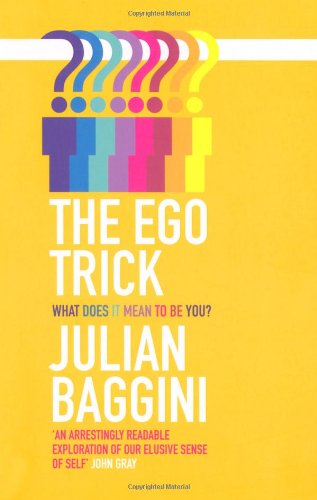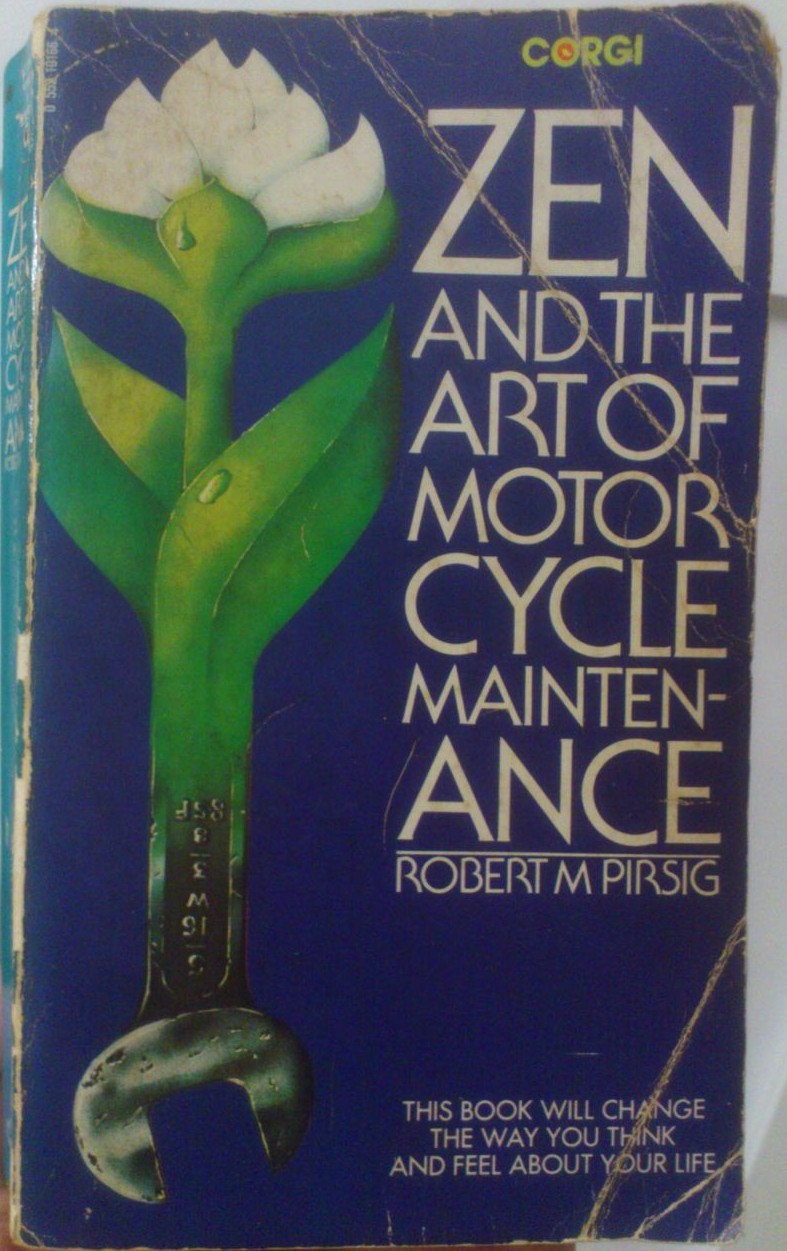 A man is on a motorcycle road trip with his son and a couple of friends. As they travel through roads and towns across the USA, he pontificates about life, philosophy, and yes, motorcycle maintenance. He doesn’t say a lot about Zen, actually, but what he does say fits in well with the rest of his ideas. He’s trying to develop a train of thought that he thinks might be able to solve the malaise affecting the affluent West in these decadent times.
A man is on a motorcycle road trip with his son and a couple of friends. As they travel through roads and towns across the USA, he pontificates about life, philosophy, and yes, motorcycle maintenance. He doesn’t say a lot about Zen, actually, but what he does say fits in well with the rest of his ideas. He’s trying to develop a train of thought that he thinks might be able to solve the malaise affecting the affluent West in these decadent times.
As the narrator talks more about his own history, it becomes clearer where his ideas came from and how bound up they are to his personal life. You can tell that there are some troubles below the surface and these build tension throughout the story leading to… well, the end of the story, which was reasonably satisfying.
Continue reading →

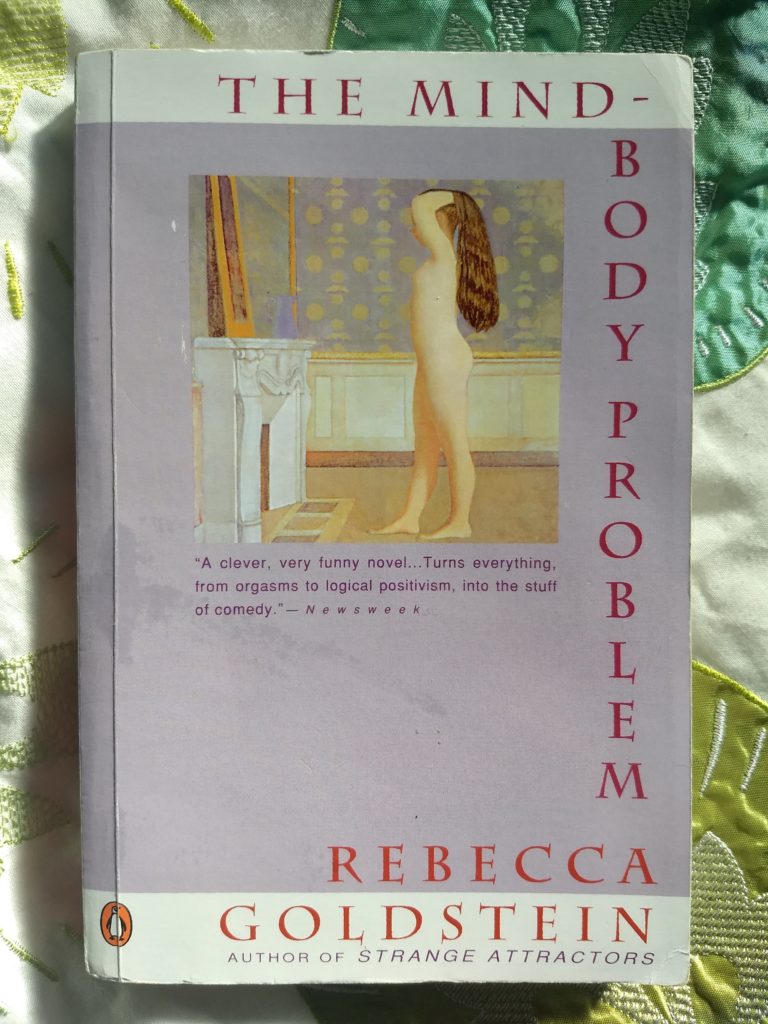 If you don’t already know a lot about the history of philosophy, you will by the time you’ve finished this book. If you do, then you’ll recognise a lot of it. Like Goldstein’s more recent
If you don’t already know a lot about the history of philosophy, you will by the time you’ve finished this book. If you do, then you’ll recognise a lot of it. Like Goldstein’s more recent 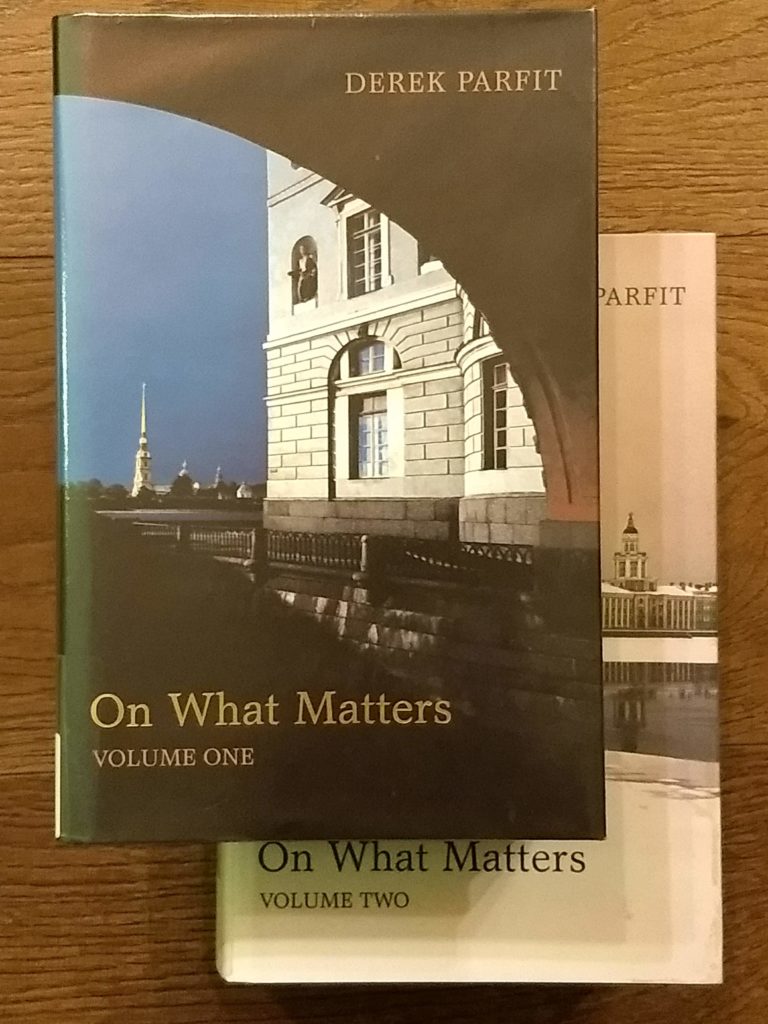 How should we live? And why does it matter?
How should we live? And why does it matter?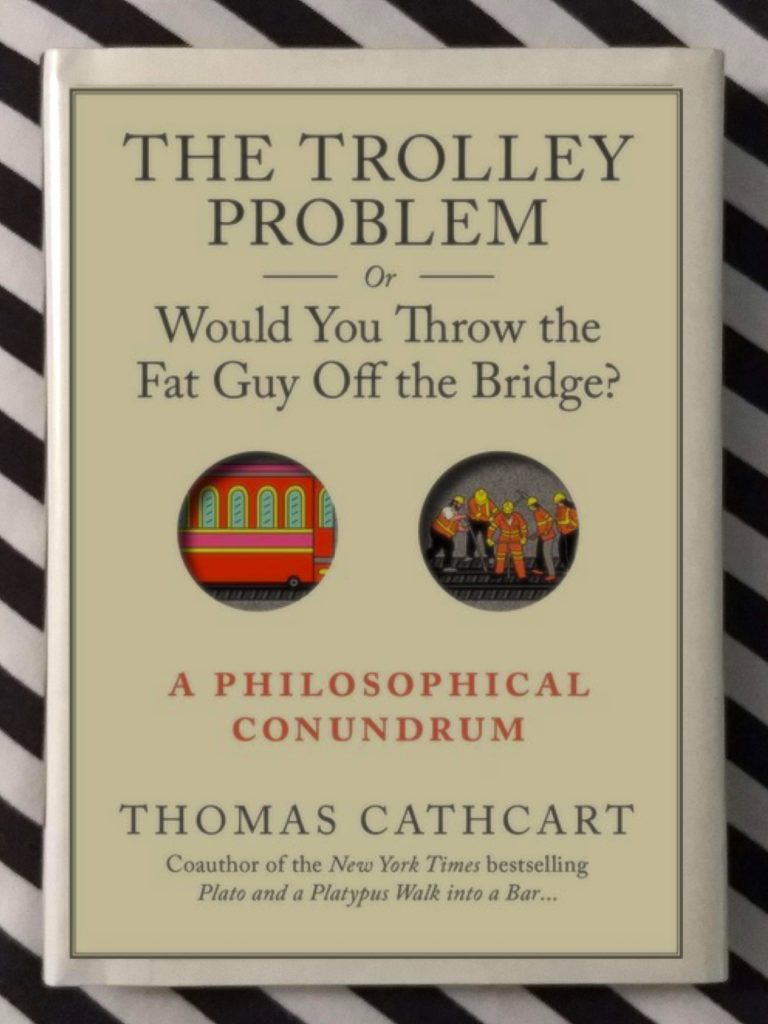
 This is a nice pocket-sized guide to consciousness. Actually it’s a guide to the problem of consciousness, since there is no consensus on what consciousness is or even exactly what the word means. Blackmore is even-handed regarding the various competing viewpoints, though it may all be slightly coloured by her own views, which are heavily influenced by Buddhism. And if you think that’s an incongruous stance for a hardcore psychologist/philosopher to take, then you really should read this book.
This is a nice pocket-sized guide to consciousness. Actually it’s a guide to the problem of consciousness, since there is no consensus on what consciousness is or even exactly what the word means. Blackmore is even-handed regarding the various competing viewpoints, though it may all be slightly coloured by her own views, which are heavily influenced by Buddhism. And if you think that’s an incongruous stance for a hardcore psychologist/philosopher to take, then you really should read this book.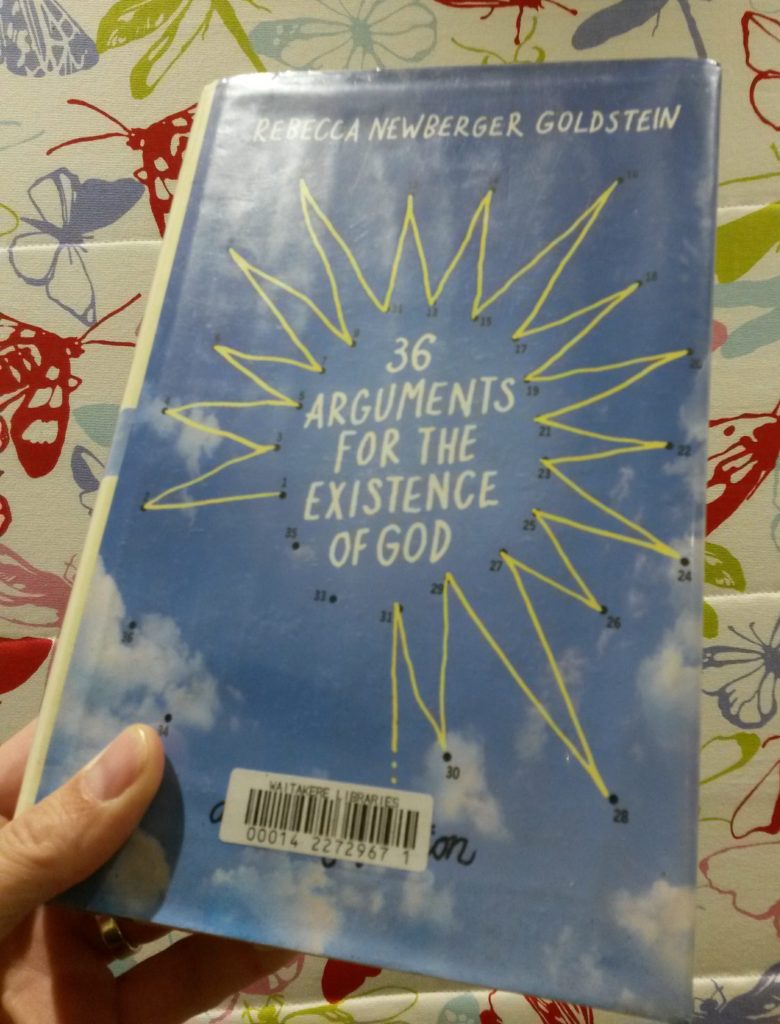
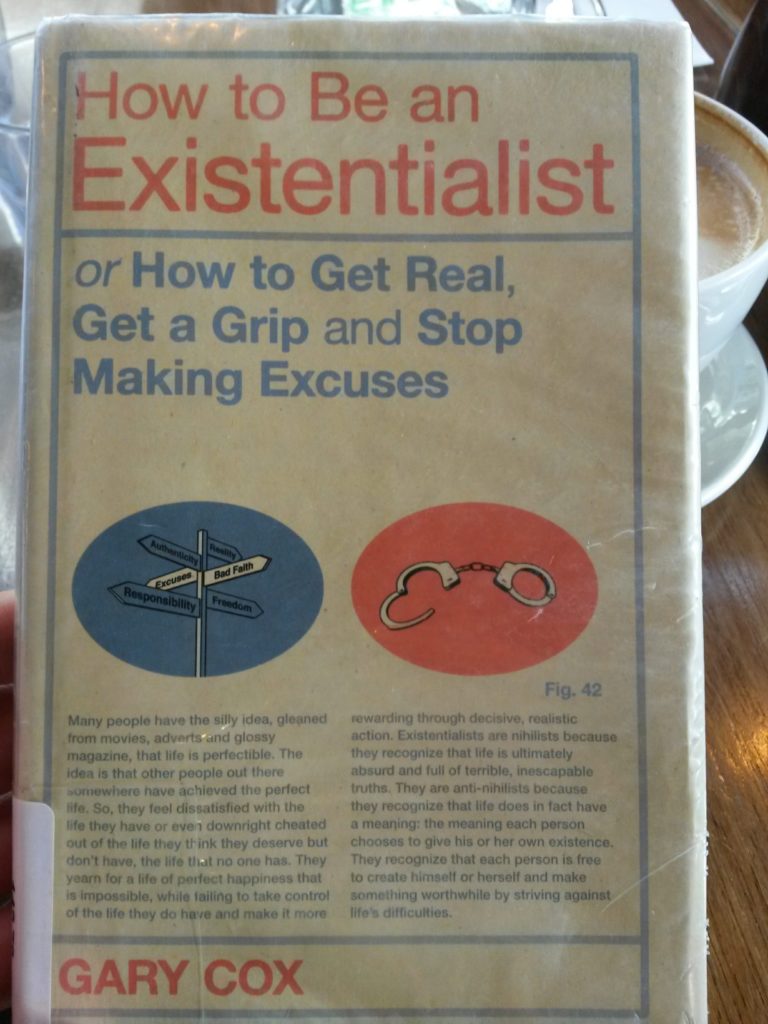
 A man is on a motorcycle road trip with his son and a couple of friends. As they travel through roads and towns across the USA, he pontificates about life, philosophy, and yes, motorcycle maintenance. He doesn’t say a lot about Zen, actually, but what he does say fits in well with the rest of his ideas. He’s trying to develop a train of thought that he thinks might be able to solve the malaise affecting the affluent West in these decadent times.
A man is on a motorcycle road trip with his son and a couple of friends. As they travel through roads and towns across the USA, he pontificates about life, philosophy, and yes, motorcycle maintenance. He doesn’t say a lot about Zen, actually, but what he does say fits in well with the rest of his ideas. He’s trying to develop a train of thought that he thinks might be able to solve the malaise affecting the affluent West in these decadent times.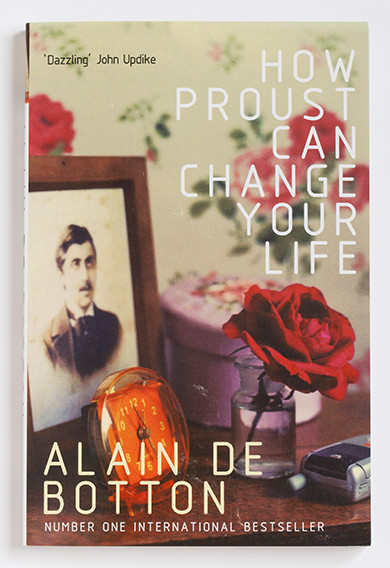 This wry and trenchant book shows how Proust’s book is full of lessons we can apply to our own lives. It could be titled “All I Need to Know About Life I Learned from In Search Of Lost Time.” There are other books claiming that you can learn all you need from
This wry and trenchant book shows how Proust’s book is full of lessons we can apply to our own lives. It could be titled “All I Need to Know About Life I Learned from In Search Of Lost Time.” There are other books claiming that you can learn all you need from 